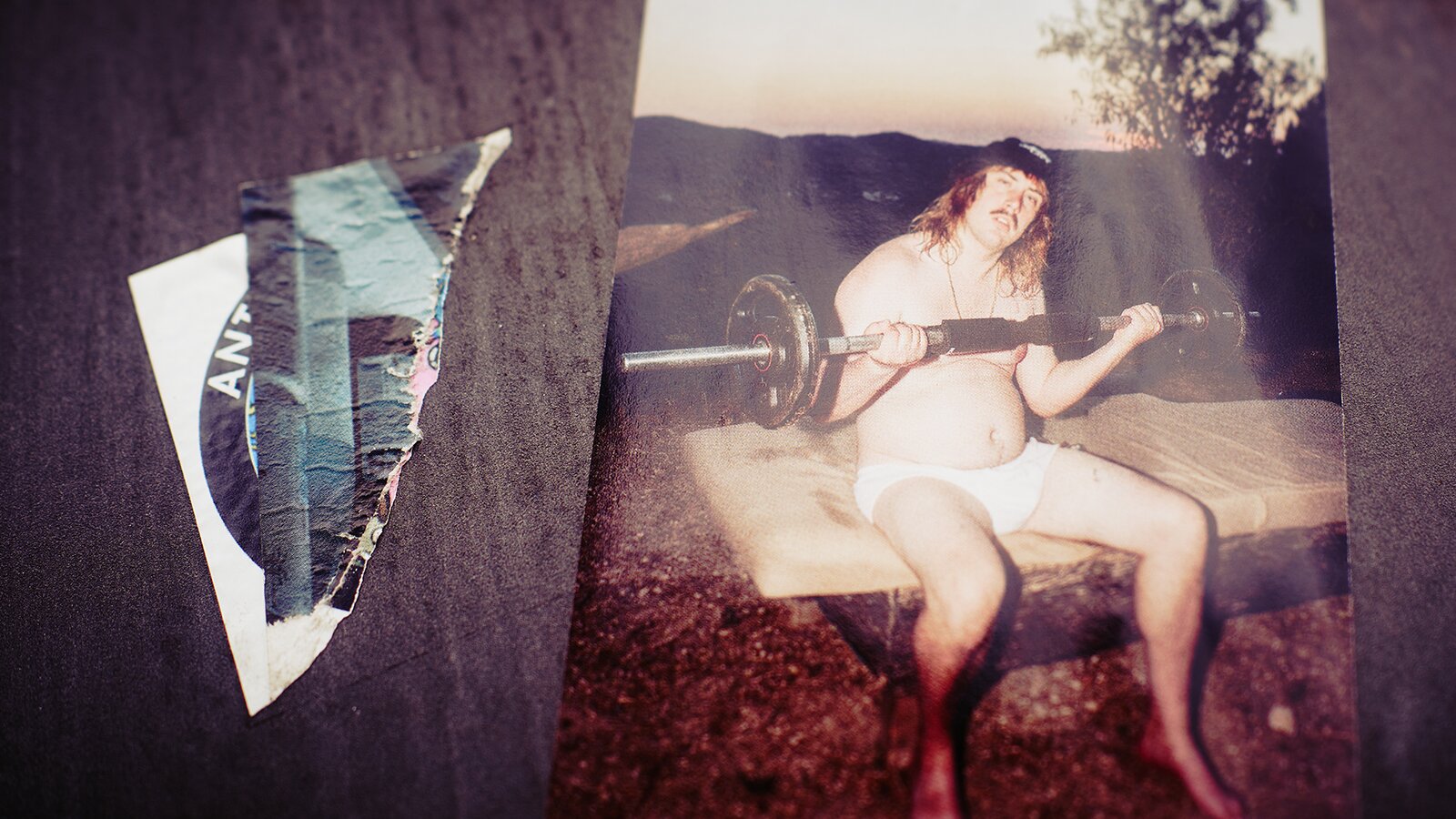First, I wanted to understand what shame is. Shame is an uncomfortable feeling that you have when you think you have done something wrong or when others notice something embarrassing or uncomfortable about your body or behavior. It can feel like a lump in your stomach or make you blush.
According to the biblical creation story, Adam and Eve were the first couple, living in paradise and initially naked. However, after eating from the forbidden tree of knowledge, they realized their nakedness and covered themselves with leaves out of shame. This is seen as the origin of shame regarding our own bodies.
Nudity and sexuality were associated with guilt and sin in religious contexts. Nudity was considered shameful and something to be hidden. This contributed to the body being viewed as something that needs to be controlled to be morally and ethically acceptable.
Through religion and tradition, in the Western world nudity is still seen as something intimate and private, only acceptable in certain contexts, such as showering or changing clothes.
In addition, social norms and cultural values have also contributed to nudity being considered taboo and shameful. Many people feel ashamed when naked because they fear being judged or criticized by others.
Nudity is often sexualized in the media and seen as something that exists primarily for the entertainment and pleasure of others. When celebrities have a wardrobe malfunction or take nude photos, it is covered in a taboo style, emphasizing the scandalous aspect.
Social media amplifies this tendency through its constant censorship of nudity. The control and punishment of nudity on the internet through the deletion of social media accounts now has an influence on the moral compass of our society.
However, nudity itself is not wrong or immoral. It is rather a natural form of expression and body awareness.
The act of undressing can be an erotic experience for some people, though, as it is often associated with the process of seduction and generating sexual tension. Strip-tease dancers use this as a means to increase the tension. By creating anticipation and expectations, undressing can become an erotic experience.
Simple nudity can also be erotic without the act of undressing. For example, the shape of the body can be impressive, and a sight can be revealed that is concealed in everyday life by clothing. But is that really so bad?
On the other hand, there are areas where nudity has no erotic component and is not perceived as such. For example, in sauna or nudist areas. Here, the focus is not primarily on sexuality, but rather on freedom and self-acceptance. In nudist areas, nudity is considered normal and natural.
By the way, it is not customary to sauna naked everywhere, as I myself was surprised to discover in a hotel in Italy. When you enter a sauna in North America, Great Britain, Spain, France, or Italy, it is mandatory to wear clothes.
It was explained to me that in the Roman sauna tradition, visiting the sauna was seen more as a social event where people chatted with each other and enjoyed a relaxed atmosphere while keeping their clothes on. This is in contrast to Scandinavian or German sauna culture, where taking a sauna in the nude is more common and a more private experience. Here, again, silence is the rule and talking is a no-no.
Some people consider nudists and sauna-goers to be a strange species anyway. I've had some funny experiences with nudists myself, like the time in Ibiza when a naked guy insisted on being in my photo.
Nude photography is sometimes considered controversial because it is associated with sexuality and pornography. Although pornography is one of the most viewed things on the internet, this does not mean it is universally accepted.
And to make it even more complicated, it bothers me when nude photography and pornography are lumped together. The goal of pornography is to generate sexual arousal and satisfaction. From this definition, one can see that my own work is not pornographic at all.
I could not find out why attitudes towards nudity have not changed despite the fact that the majority of society is no longer religious. It seems to me that values are being lived without ever having consciously engaged with the issues.
